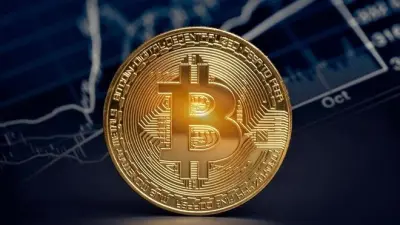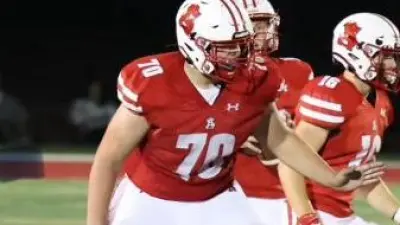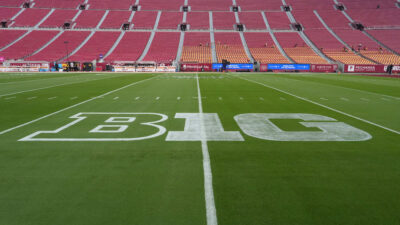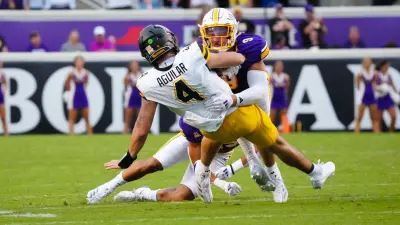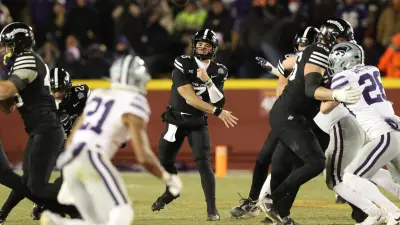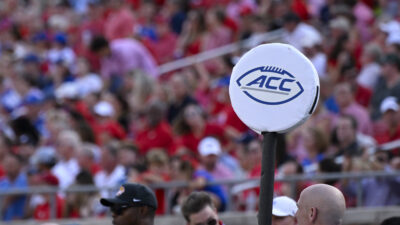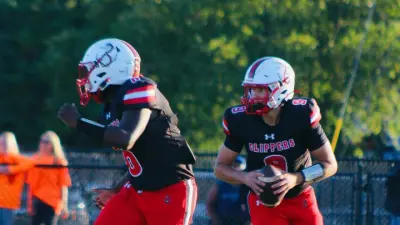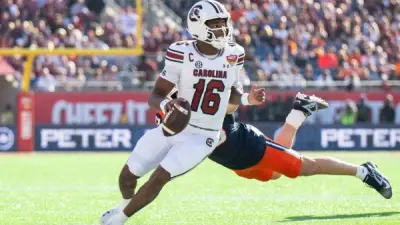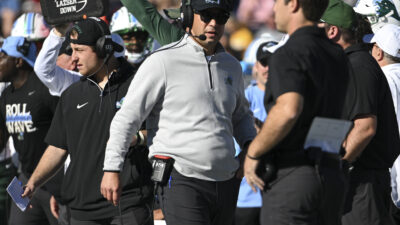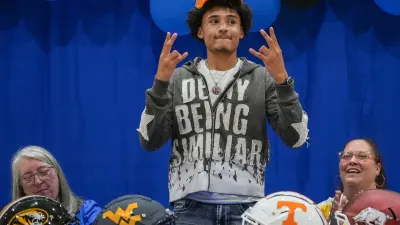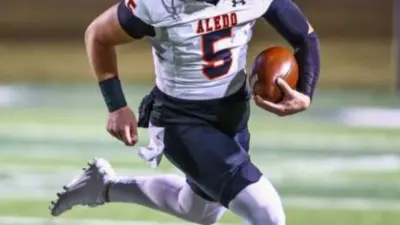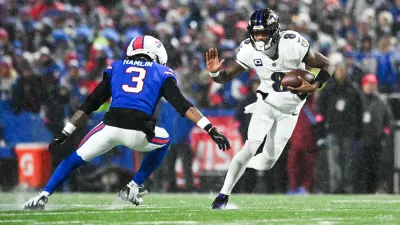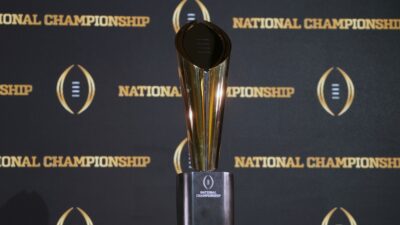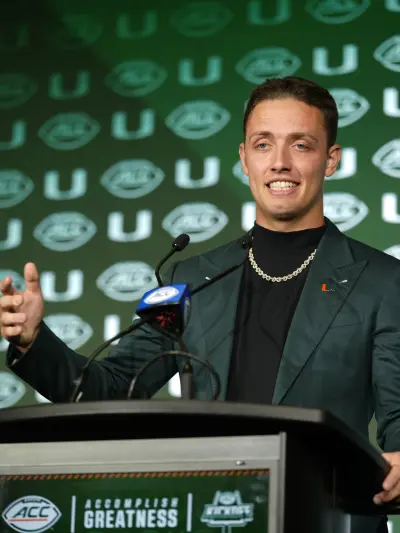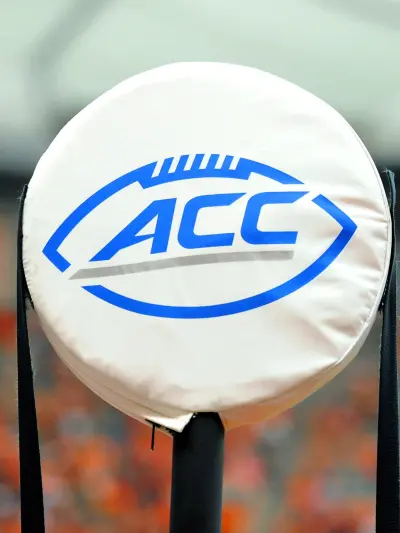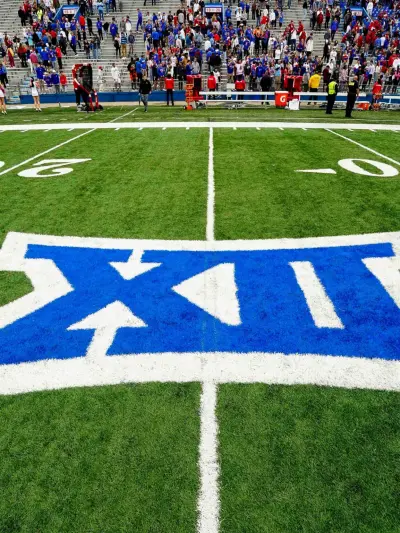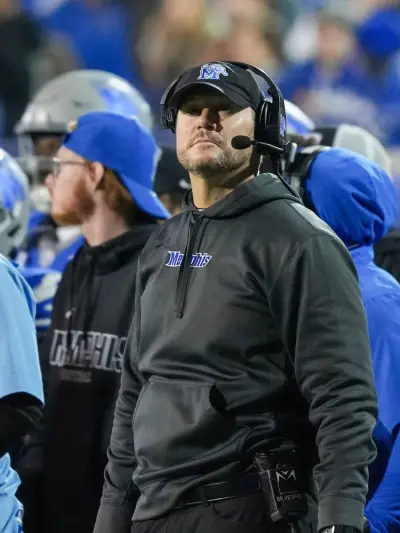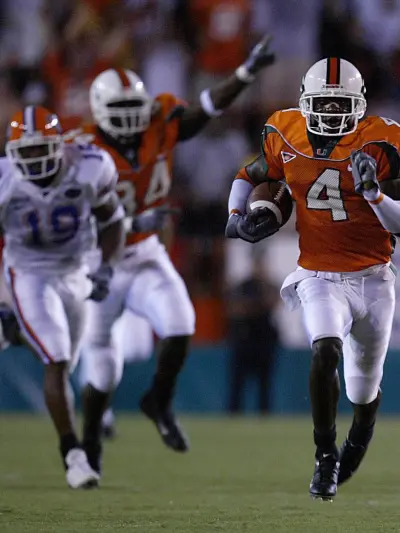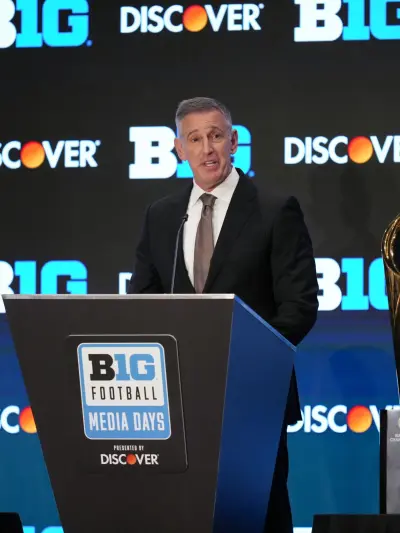By Staff
For those dipping their toes into the world of crypto, learning how to buy ONDO has become more than a speculative play—it’s an early step toward joining a financial revolution where sports, entertainment, and blockchain collide in a spectacular fusion. As traditional industries grapple with digital disruption, Ondo Finance is quietly turning heads with a bold vision: transforming asset ownership, including sports teams, into a democratic, transparent, and accessible experience.
Team ownership has long been the playground of billionaires and boardroom elites. From Premier League football clubs to NBA franchises, owning a slice of a professional team has been a pipe dream for the average fan. But what if tokenization—the process of converting physical or intangible assets into digital tokens on the blockchain—could level the playing field? What if you didn’t need deep pockets, just a digital wallet?
Ondo is making waves in this arena, offering infrastructure that could reshape how teams are owned, managed, and supported by fans. Let’s break it down like a locker room chalk talk.
The Current Landscape: A Game of the Few
Ownership of professional sports teams is typically a closed circuit. Even partial stakes are often sold quietly through exclusive networks, and the barriers to entry—regulatory red tape, exorbitant costs, and geographic restrictions—keep average fans on the sidelines.
Even when fans want a deeper connection, the best they can often do is buy season tickets or merchandise. Sure, they might feel invested emotionally, but financially? Not a chance. That is, until tokenization enters the chat.
More Sports News
Tokenization is the idea of creating digital representations of assets—real estate, bonds, company equity, and yes, even sports franchises. By breaking up ownership into blockchain-based tokens, entities like Ondo can allow people to own fractional stakes in things once thought untouchable.
Enter Ondo: The Coach with a New Playbook
Ondo Finance was founded with a mission to bridge traditional finance and decentralized finance (DeFi). While it’s been known for creating tokenized bonds and treasury products, the potential applications of its infrastructure stretch far beyond Wall Street. Think stadiums, locker rooms, and global fanbases.
Ondo provides the tools to:
- Tokenize real-world assets securely and compliantly
- Distribute ownership across borders and socioeconomic classes
- Enable programmable governance through smart contracts
- Increase liquidity in traditionally illiquid markets (like private team ownership)
Think of it like Moneyball, but for ownership. By taking slices of an asset and turning them into tradable tokens, Ondo is essentially opening the stock market of sports teams to the world.
Team Ownership as Tokens: Not Just a Fantasy
Let’s imagine how this could play out. A professional football club wants to raise funds without selling out to a corporate entity. Using Ondo’s infrastructure, the team could tokenize 30% of its equity. These tokens are then sold to fans, investors, and communities via a regulated platform. Each token could represent not just ownership, but perks like voting rights on non-strategic decisions (e.g., kit designs, stadium music), exclusive merchandise, or even a share of future profits.
It’s like buying a piece of your favorite pizza joint and getting a say in next month’s toppings, while also earning a slice of the profits. Not a bad deal, right?
Token holders wouldn’t just be passive fans—they’d become micro-owners, fueling a more vibrant and engaged fan economy.
Transparency and Trust: Blockchain’s Secret Sauce
One of the key reasons tokenization works is because blockchain tech offers transparency, security, and immutable records. When you tokenize team ownership:
- All transactions are recorded on a public ledger
- Smart contracts enforce the rules without middlemen
- Audits become a breeze
- Revenue and profit distributions can be automated
It’s the kind of setup that would make any accountant do a happy dance.
In a world where financial scandals and shady ownership deals are too common in sports, the blockchain adds a much-needed layer of trust. Fans can verify where their money is going, how much the team earned last quarter, and whether their tokens are being used properly. No need to take anyone’s word for it—the truth is right there on-chain.
The Data Speaks: Why Now?
The numbers suggest that this isn’t just a passing trend. According to a report by BCG and ADDX, asset tokenization could reach $16 trillion by 2030. That includes everything from bonds to real estate—and yes, sports franchises.
Meanwhile, global fan engagement is at an all-time high. Sports teams are already experimenting with digital fan tokens (like Socios.com), but these are often limited to voting on minor decisions or accessing exclusive content. The real gold lies in actual equity ownership. It’s like the difference between buying a band’s T-shirt and owning the rights to their music catalog.
As younger generations grow up digital-first, they expect more than passive fandom. They want interaction, ownership, and community. Tokenized assets meet these desires with precision.
More Than Just Sports: Culture, Communities, and Capital
While team ownership is a compelling use case, the implications go beyond sports. Musicians, artists, and even filmmakers could tokenize their projects, letting fans become micro-producers or patrons. Think of it as Kickstarter meets Wall Street—but run on blockchain rails.
Communities built around these assets would no longer be just audiences. They’d be stakeholders, decision-makers, and brand ambassadors. It’s the democratization of capital and culture, all rolled into one.
And this is where Ondo could shine brightest. As an infrastructure player, it’s not trying to be the team or the artist. It’s the backstage crew setting up the sound system, lights, and stage so the stars can perform—and share the spotlight with their fans.
The Roadblocks and the Red Tape
Of course, it’s not all roses and champagne. Tokenized ownership faces real-world hurdles:
- Regulatory clarity: Who regulates fan ownership? Are tokens considered securities?
- Security risks: How do platforms prevent hacks, fraud, or rug pulls?
- Liquidity traps: If you own a tokenized share of a soccer club, how easy is it to sell?
Ondo and others will have to navigate these challenges carefully. Partnerships with compliant custodians, licensed exchanges, and financial institutions will be key to building trust and scaling adoption.
But innovation never came without growing pains. As the saying goes, you’ve got to break a few eggs to make an omelet—and this omelet might just feed the entire stadium.
A New Era for Fans and Finance
Imagine a teenager in Manila, a retiree in Berlin, and a college student in São Paulo all owning part of the same football club. They vote on jersey designs, share in profits, and attend virtual AGMs (annual general meetings) in the metaverse. They aren’t just fans anymore—they’re stakeholders. That’s not science fiction. That’s the promise of tokenized ownership.
And while Ondo isn’t the only player on the field, its focus on security, compliance, and real-world assets puts it in a strong position to lead this movement. By providing the tools and infrastructure to tokenize ownership of valuable assets, Ondo is creating a future where ownership isn’t gated by wealth or geography—it’s open, dynamic, and digital.
Final Thoughts
We’re living in a time where technology is rewriting the rules of ownership. No longer is it just about who’s in the owner’s box or whose name is on the deed. It’s about access, participation, and shared value.
Ondo, with its focus on tokenizing real-world assets, may well become the bridge that connects institutional-grade finance with grassroots communities. Whether it’s owning a piece of your hometown football club, investing in a rising musical artist, or funding a community-driven real estate project, the possibilities are wide open.
The revolution won’t just be televised—it will be tokenized. And if the playbook holds, Ondo could be the coach leading teams, fans, and investors into a brand-new game.
